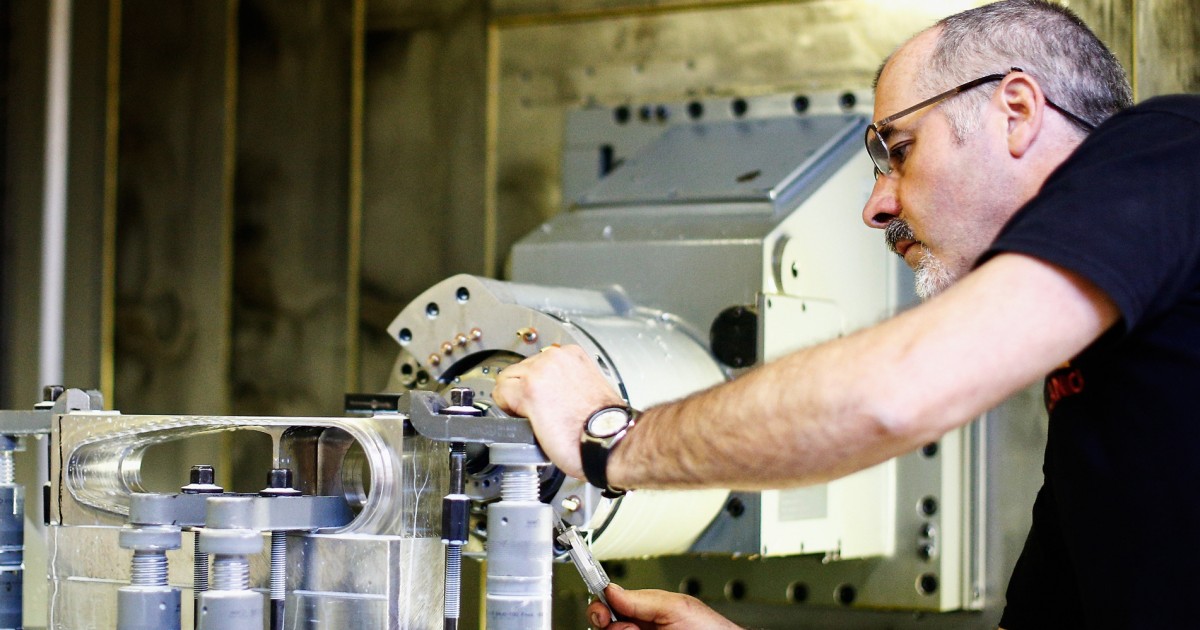
International Cooperation
International Cooperation in space and astronautical engineering refers to the collaboration between different countries, space agencies, and private companies to achieve common goals in space exploration, scientific research, and commercial activities. This cooperation can take many forms, including joint missions, sharing of resources and expertise, and participation in international treaties and agreements. International cooperation is essential for the success of space exploration and the advancement of space technology, as it allows for the pooling of resources and knowledge, and the sharing of risks and costs. It also promotes peaceful and diplomatic relations between nations, and helps to avoid conflicts and misunderstandings in space activities.
Your Previous Searches
Random Picks
- Terrestrial-based Transmitters: In the context of aerospace engineering, terrestrial-based transmitters refer to ground-based systems that send signals or data to spacecraft, satellites, or other space-based receivers. These transmitters are a critical component of the gr ... Read More >>
- Aircraft Structures: Aircraft structures refer to the physical components that make up an aircraft, including the fuselage, wings, empennage, and landing gear. These structures are designed to withstand the stresses and forces of flight, including lift, weight, ... Read More >>
- CAD Software: CAD (Computer-Aided Design) software is a type of software used by space and astronautical engineers to create, modify, analyze, and optimize designs for spacecraft, rockets, satellites, and other space-related systems. CAD software allows ... Read More >>
Top News

Scientists release plans for an even bigger atom smasher to address the mysterie...
GENEVA — Top minds at the world’s largest atom smasher have released a blueprint for a much bigger successor that could vastly improve research into the remaining enigmas of physics....
News Source: NBC News on 2025-04-01

Scientists release plans for even bigger atom smasher along the French-Swiss bor...
Scientists at the world’s largest atom smasher have released a blueprint for a much bigger successor that could help solve enigmas of physics, starting in the mid-2040s at a cost of about $16 billio...
News Source: ABC News on 2025-04-01

The 'Blaze Star' hasn't exploded yet, but it could soon...
T Coronae Borealis has an outburst every 79 to 80 years, according to NASA....
News Source: ABC News on 2025-03-28
I visited the sprawling 'metroburb' where 'Severance' is filmed. It's a 2 millio...
Bell Works, the real office complex that doubles as Lumon on "Severance," is redefining what an office can be....
News Source: Business Insider on 2025-03-28

We've spotted auroras on Neptune for the first time...
After 34 years of searching, astronomers have finally confirmed Neptune has auroras, thanks to data from the James Webb Space Telescope...
News Source: New Scientist on 2025-03-27